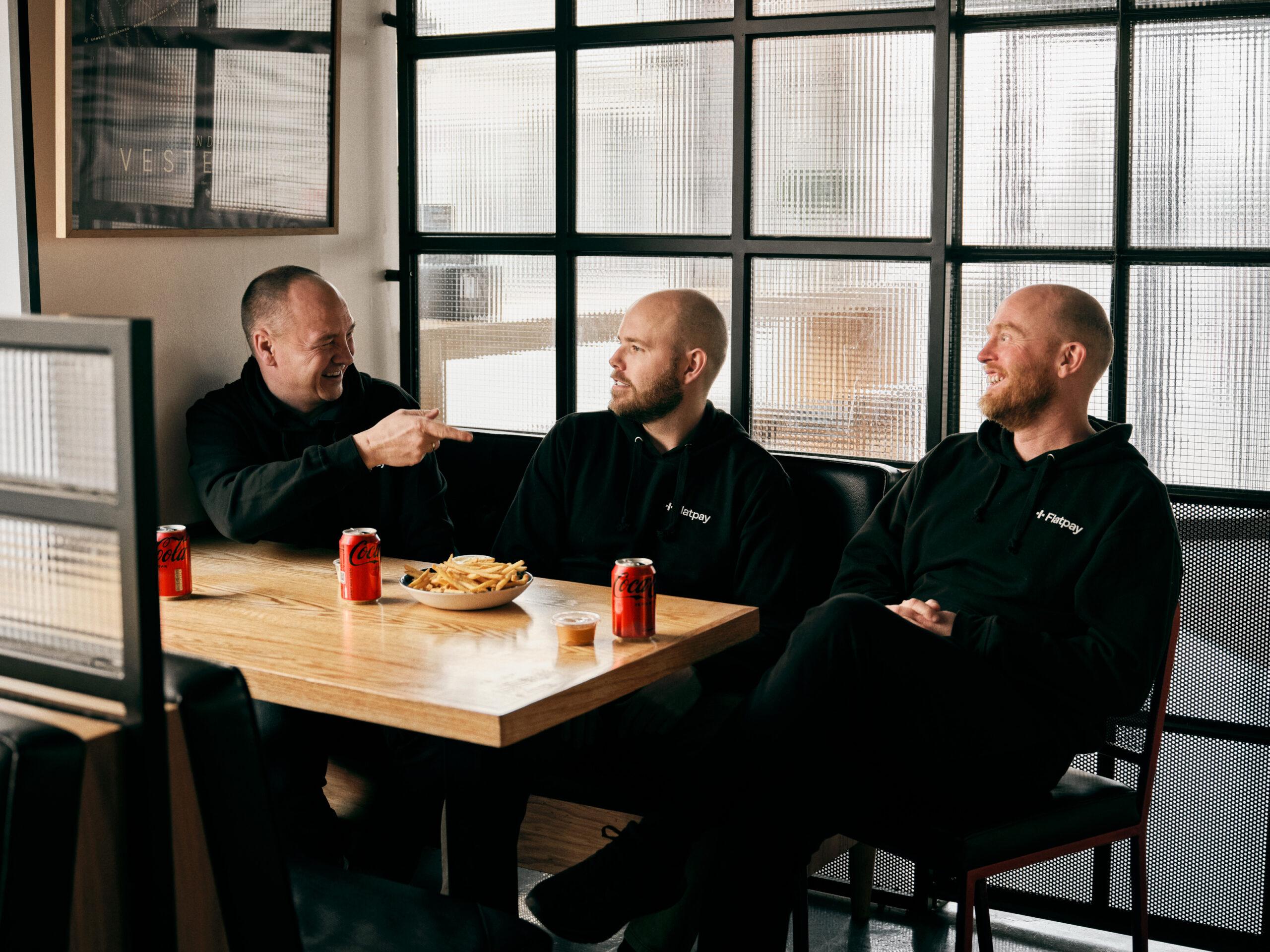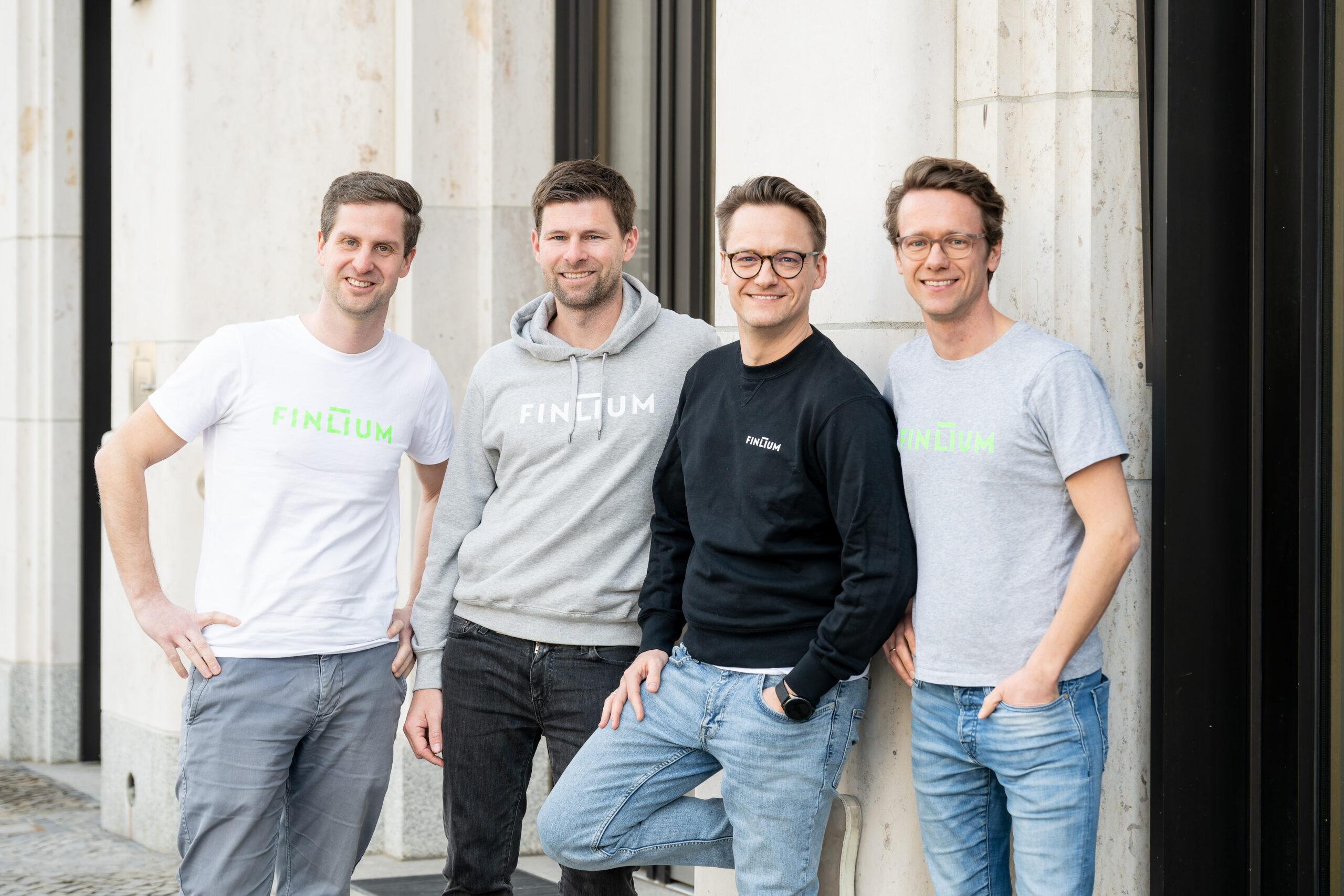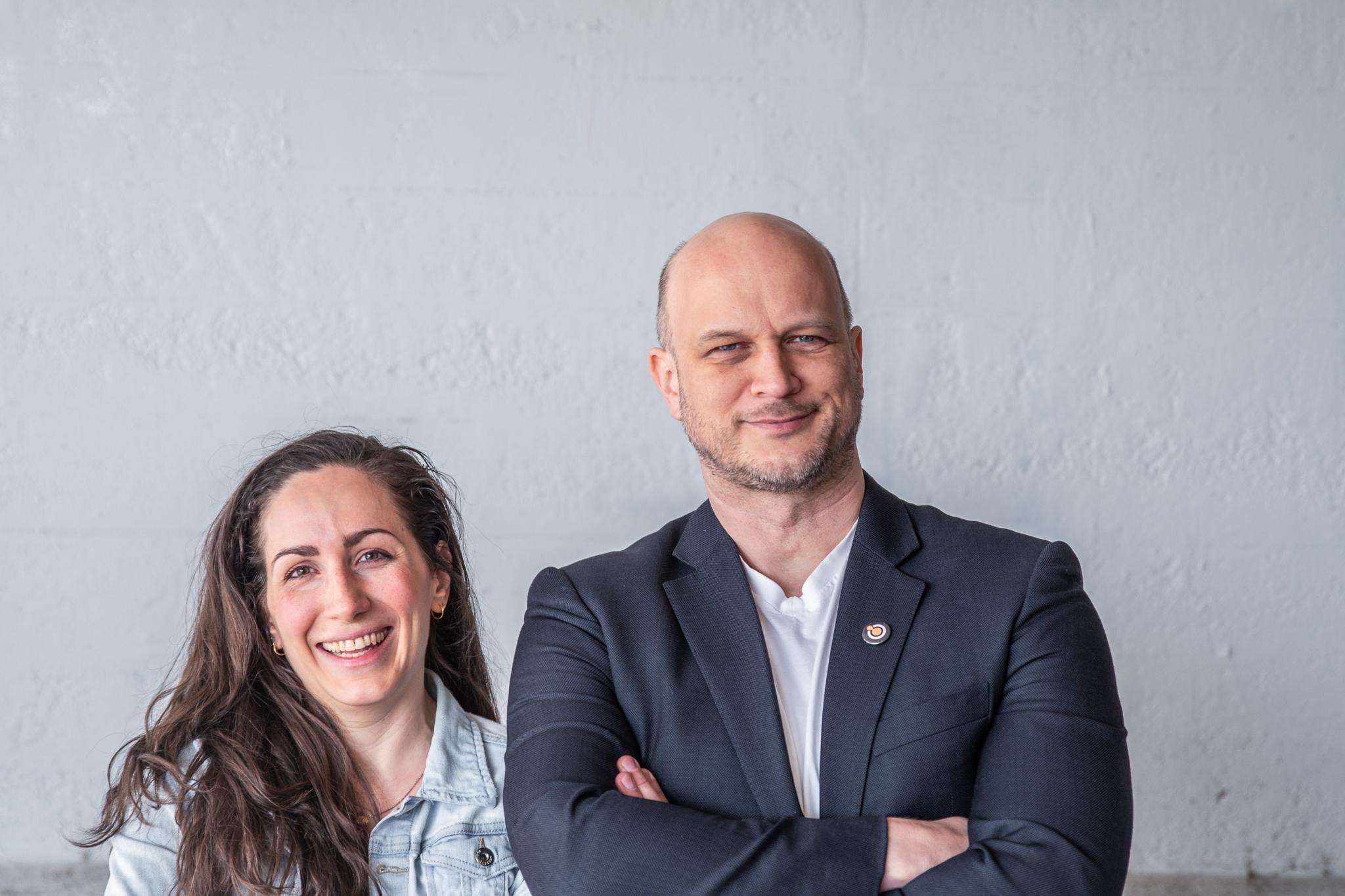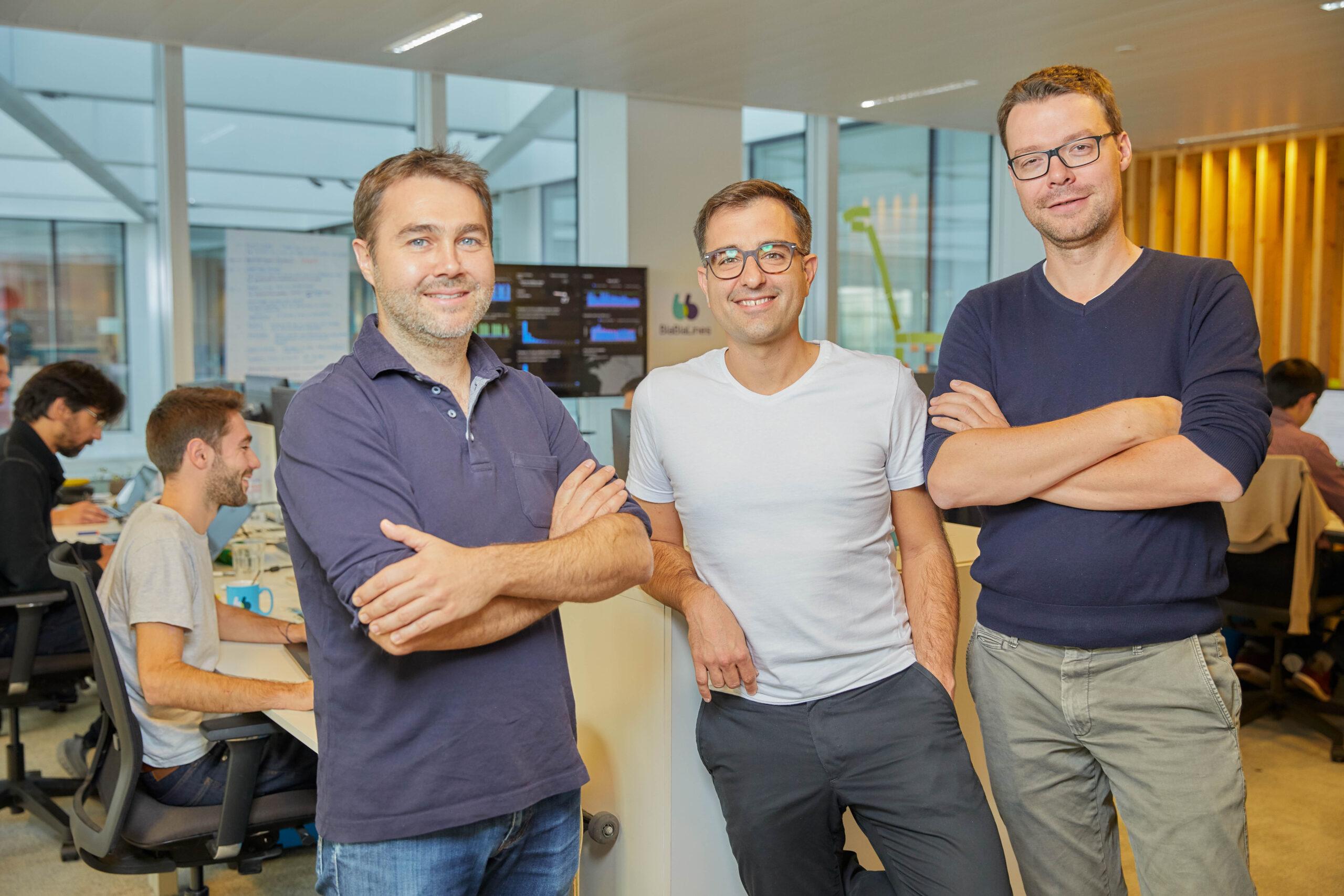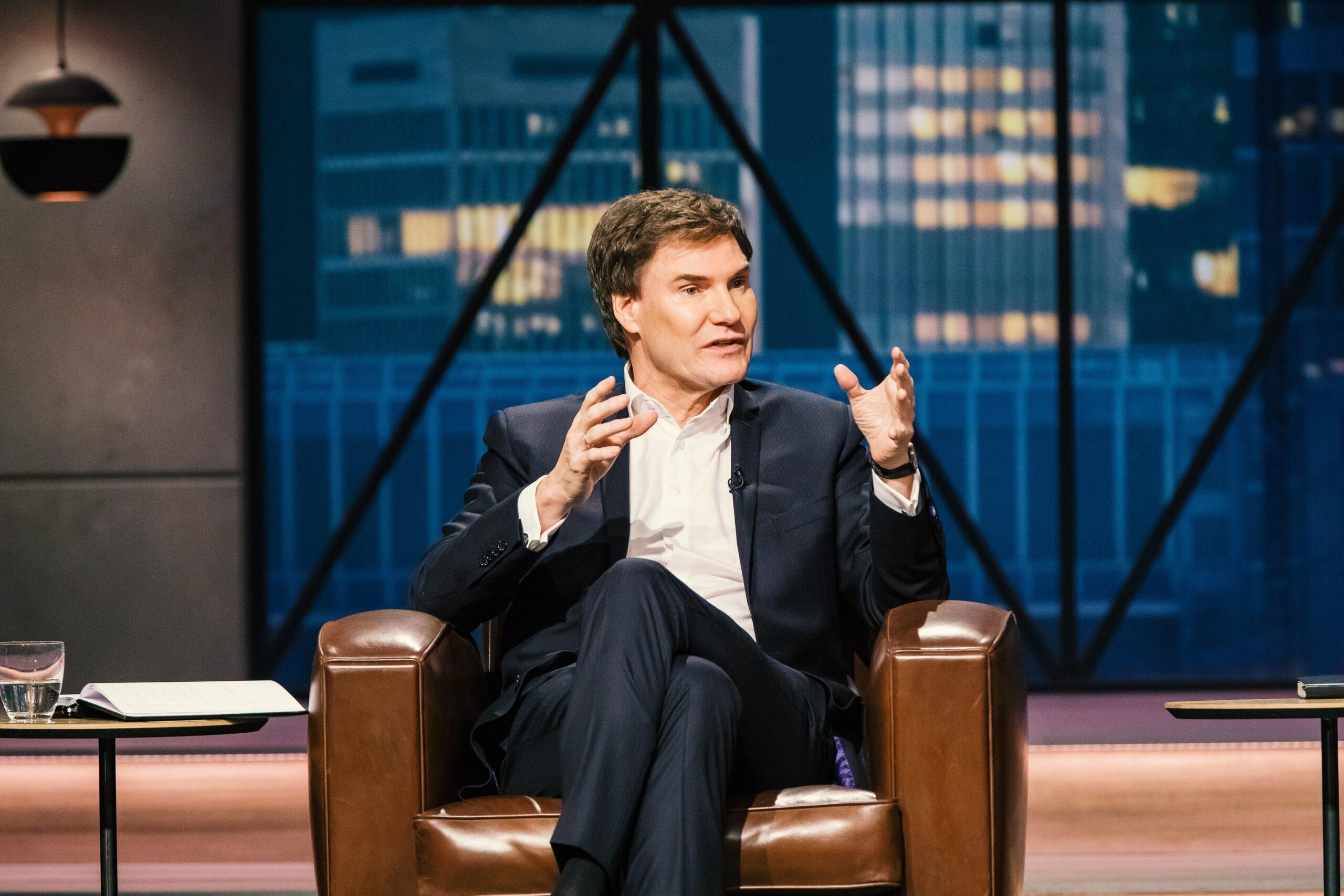Billion-dollar deals, scandals and a tenfold unicorn: the 2021 year in review

From German decacorn to sexist start-ups. The year had a lot to offer. A look back at the biggest success stories and upsets.
We were all so optimistic at the beginning of the year. 2021 really couldn't get any worse than 2020. Whether this is true or not is in the eye of the beholder, but the year did not go particularly well in terms of society as a whole: the Corona pandemic including the anti-vaccination problem, the Afghanistan disaster and the flood catastrophe - the year could have done without some of the events.
At least there was some good news in the German start-up world. One funding record followed the next, some start-ups were able to secure unicorn status this year. The new federal government, freshly elected in autumn, is also planning to do a lot for the start-up location. The eternal complaints about Germany's unwillingness to embrace entrepreneurship may finally have had its day.
Which is not to say that there is nothing to criticise. Whether it's sexist products on Die Höhle der Löwen, the eternal dispute between Gorillas and its employees and the crowdfunding chaos at Volocopter: the scene is still good for a well-kept scandal, a review of a turbulent start-up year.
The year of the delivery services
Food delivery services definitely experienced the most hype this year. Gorillas and Flink, two companies that had only just been founded, made it to billion-dollar valuations. Other providers such as Getir and Picnic also launched in Germany. For years, the concept was not considered feasible in Germany, mainly because the wage level in the Federal Republic was too high. To be fair, up to now the new providers have generally not been profitable either. Fortunately, there are plenty of prominent backers who believe in the business model for the long term.
These include Delivery Hero, among others. The Berlin-based company, itself in a similar field, put money into Gorillas. A nice footnote here remains that Delivery Hero founder Niklas Östberg once derided food delivery services as "networked late-night restaurants." That's not the only thing that seemed rather embarrassing this year from the point of view of the Dax company: the comeback on the domestic market with the Foodpanda brand only lasted a few months, and shortly before Christmas Delivery Hero stamped out the business again.
But those are probably problems they'd like to have at Gorillas. That's because the company has been struggling with some of its employees all year. There have been wildcat strikes, blocked warehouses , and layoffs, and the atmosphere between management and employees seemed completely poisoned, especially in Berlin. Recently, however, there was a works council election, Gorillas also announced a wage increase . Will this settle everything? 2022 will show.
Brave new fintech world
Neobroker Trade Republic raiseda mega round of funding this year. It raised $900 million in its Series C round - so of course unicorn status was just a formality. In a year when people had a lot of time on their hands and money to spare, trading apps around the world profited. Trouble came, however, with the rise of the meme-stock movement. When investors banded together on the Reddit platform in the spring to use the Gamestop stock to get hedge funds into trouble, Trade Republic briefly suspended trading in that very stock. The result was a shitstorm and a Bafin investigation, but the outcome was mild.
Another new fintech unicorn, the neobank N26, did not get by without controversy in 2021 either. The accusations were well-known: The compliance of the young bank was inadequate, the supervisors said. The result was a restriction on new customer business at the end of the year. Nevertheless, N26 can currently call itself "Germany's most valuable fintech".
Silent hero
However, one start-up outstripped them all in terms of valuation. Celonis initially became the first German Decacorn this year, i.e. a tenfold unicorn. In the meantime, another billion has already been added. The Munich-based software company manages all this in a pleasantly unagitated manner; there have been no major scandals, just a lot of recognition. In addition, the start-up gives reason to hope that decades after SAP, a German technology giant could emerge once again.
Little vulgarities
Rather boulevardesque, but still a big topic, were the Pinky Gloves. The disposable glove for disposing of tampons was presented in the Höhle der Löwen. Ralf Dümmel wanted to invest, but in the end the shitstorm was so big that the founders quickly gave up. The accusation: sexism, no woman would need such a product.
Whether anyone needs air taxis remains to be seen. In contrast to the tampon glove, the topic is not dead yet, but was dealt a heavy blow when Volocopter cancelled its planned IPO. The losers were the small investors who had initially supported the company via crowdfunding. They will now get significantly less money than in the case of going to the capital market.
In summary: A turbulent year is coming to an end. Will 2022 be calmer? Probably not. As long as the central banks stick to their ultra-loose monetary policy, large financing rounds will continue to be on the cards. And some parts of the German start-up scene are always good for a good flush. What else is coming up will be in next week's Startbase annual outlook.
FYI: English edition available
Hello my friend, have you been stranded on the German edition of Startbase? At least your browser tells us, that you do not speak German - so maybe you would like to switch to the English edition instead?
FYI: Deutsche Edition verfügbar
Hallo mein Freund, du befindest dich auf der Englischen Edition der Startbase und laut deinem Browser sprichst du eigentlich auch Deutsch. Magst du die Sprache wechseln?













